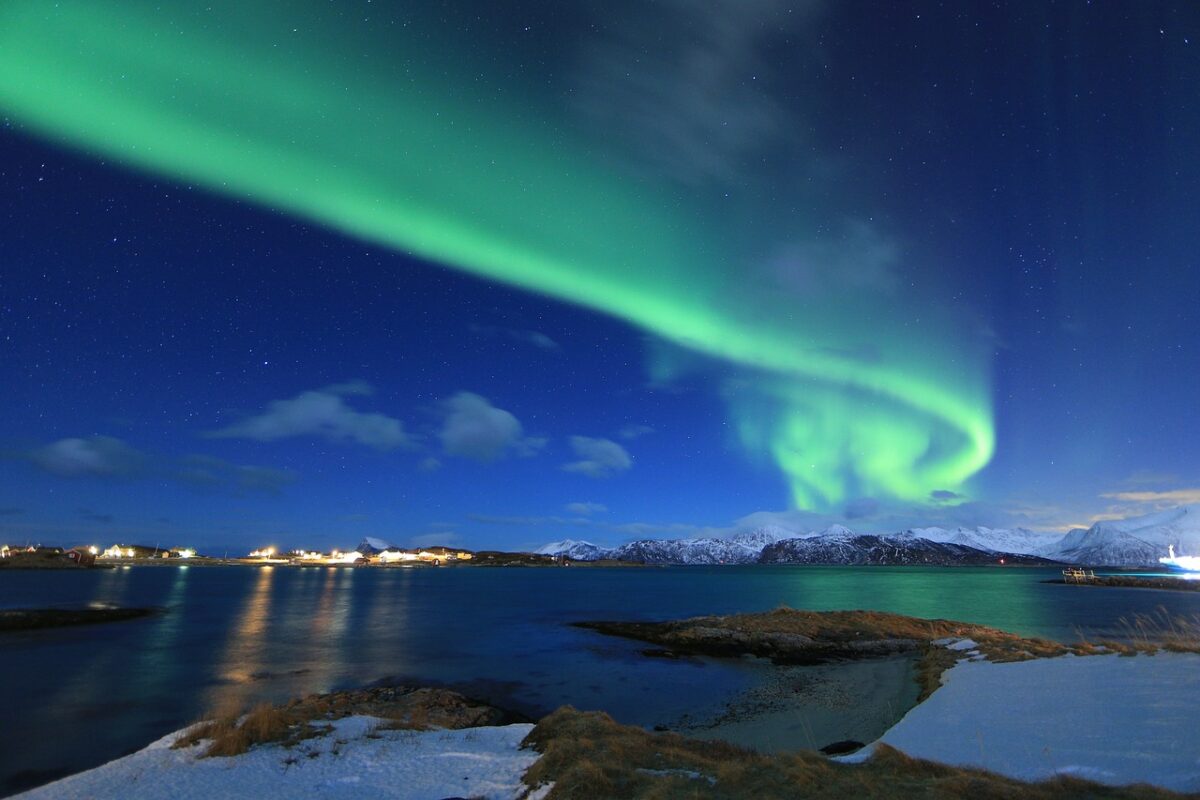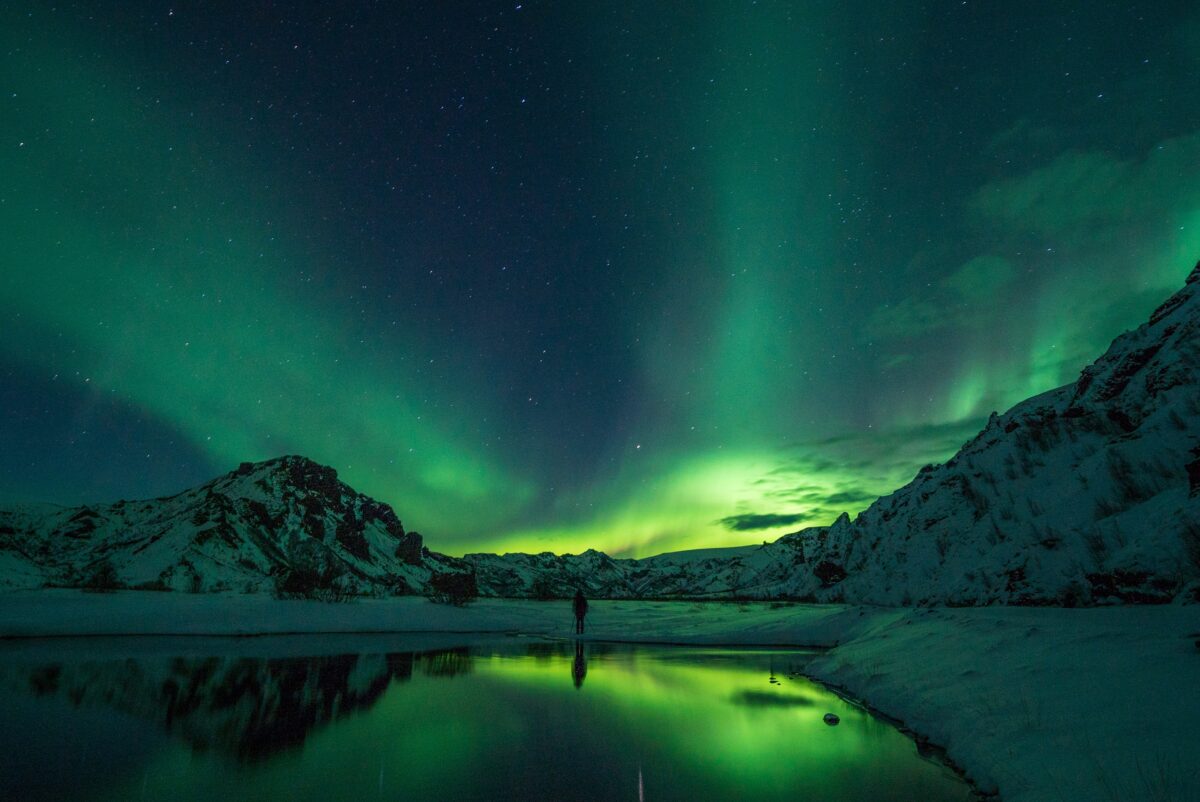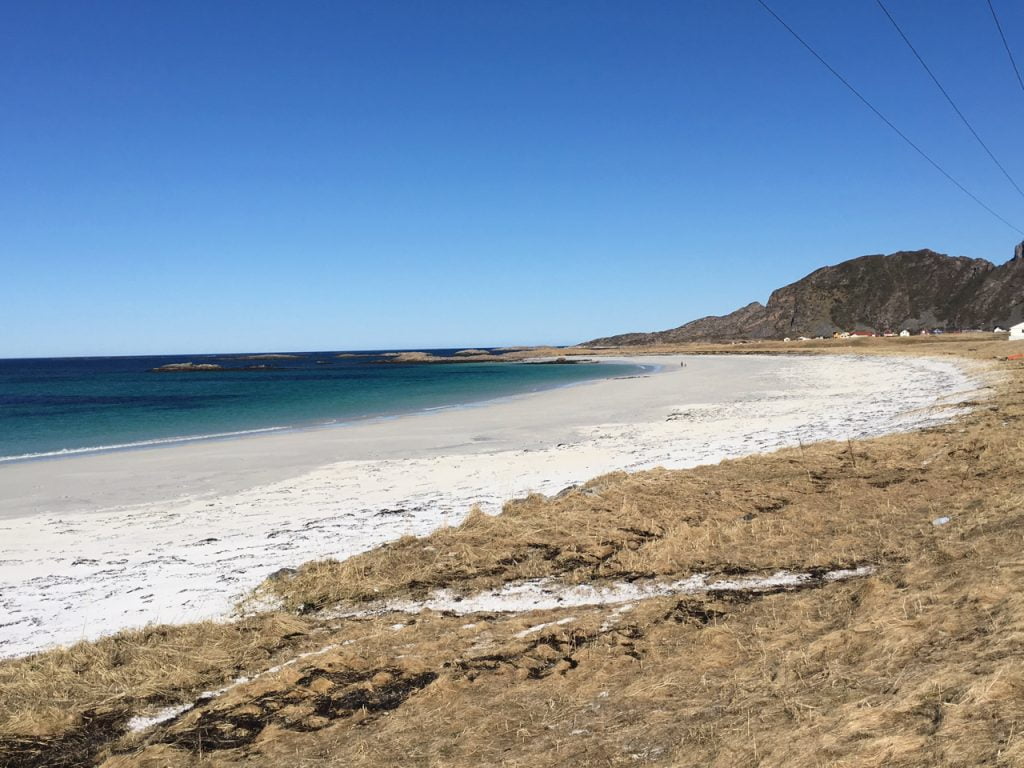
A new study of the solar wind phenomenon starts this month with a series of rocket launches from Norway.
A team of international scientists including NASA are about to start a two-year programme known as the Grand Challenge Initative (GCI) to better under understand space weather, one of the factors behind the northern lights. The first rockets will be launched later this month.

Tracking the solar wind
The first launch, the Auroral Zone Upwelling Rocket Experiment (AZURE), will specifically study solar wind, the stream of highly-charged particles that is thrown out into space from the sun at extremely high speeds.
The rockets will release safe chemicals containing colour, allowing the research team to track the clouds of colour as they are impacted by the solar winds.
Although there is some interest in the science behind the northern lights, its the power outages and interference with communications satellites that solar winds can cause that has spurred the research project.
Remote launch sites
Newsweek reports that the launches will take place from remote sites at Andøya on the Vesterålen archiepelago and Svalbard, the world’s northernmost rocket launch site.

“That's crucial for studying the aurora, which tend to be trapped around the poles. In fact, the Norwegian space agency says the Svalbard launch pad is the only site on Earth where rockets can fly straight into solar wind.”
Participating universities include the University of Tokyo; University of Oslo; Arctic University of Norway, Tromso; Capitol Technology University, Laurel, Maryland; Penn State, State College, Pennsylvania; University of New Hampshire, Durham; University of Puerto Rico; Virginia Tech, Blacksburg; and West Virginia University, Morgantown.


Interesting article David, in my degree thesis I talked about communications between stations on earth and satellites and problems with atmosphere.
I have to say that I did not think about the problem related to high latitudes and aurora.
Well, this introduction make me curious!
Remo
I always look forward to reading your articles to stay connected with Norway. Great news on the Space Weather report as well. Keep up the awesome news reporting. We are finally seeing Spring coming here now in Houston Texas USA. Spring is heading your way Norway 😊